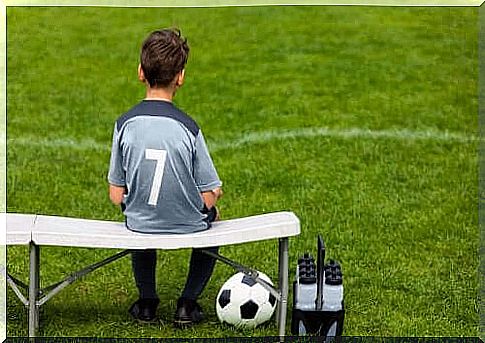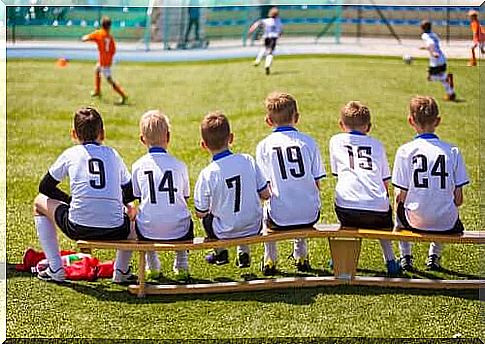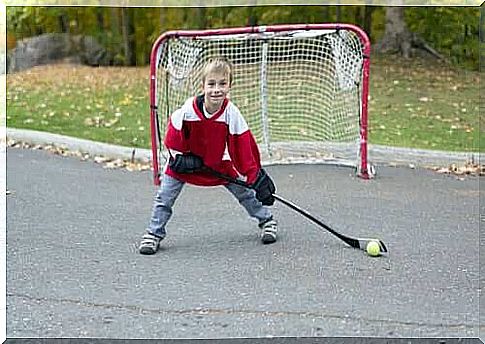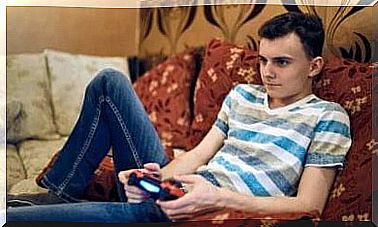My Son Doesn’t Like Football – Being Parents

Before proclaiming with concern “my son does not like football”, the ideal would be to ask: what does he really like? Some children do not like sports and physical activity. So you have to dig to find out if they don’t like sports in general or football in particular.
If football is really the problem for him, maybe another sport he likes more: swimming, basketball, tennis, baseball or whatever. The main thing is that the child regularly engages in physical activity, among other things, because of the beneficial effects that it can bring on the health of the little ones.
This is a culturally accepted idea: little boys must, of necessity, play football or play sports. Currently, a little boy who does not play football is considered, by his classmates and those around him in general, as a singular case.
Usually, parents are afraid to tell their son that it makes him different from others. In the majority of cases, the subject is approached indirectly, by trying to motivate him to practice other sports.
If we force the child to play sports he does not like, it will lead to successive and continuous failures. Children may also try to find their true interests on their own. In this endeavor, they may come up against sometimes difficult social, academic, recreational and family environments.
Do not play football at school
If our son does not like football or sports in general, he may find it difficult to cope with the daily life at school. He will feel isolated and depressed, and in many cases he will be the victim of bullying by his comrades. This will obviously have a negative effect on his personality, behavior and academic performance.
We all, as human beings, need to integrate. We have to feel that we belong to something, whether it is a group or a community. This is especially important in the case of children. Having friends at school with whom to share interests and activities will allow them to develop socialization and adaptation skills.

There will always be children to share interests with him. This will allow him to play other things and spend recess with them.
Teachers play a very important role in promoting games and activities other than football at school. Ultimately, this is a smart way to integrate children and minimize the differences between them due to their athletic and recreational preferences.
My son does not like football: how can I help him?
To help a child who does not like football to integrate, it is possible to follow some advice:
- You should not force it, question it or criticize it.
- We will first try to find out if this lack of interest is due to the following causes: he does not understand how football works, he does not know the ground rules, he is bored, or other reasons.
- We will also try to see if he has had a negative experience in the past that made him feel stressed or put too much pressure on him.
- It is important to make him understand that we do not all have the same skills; tastes, preferences and abilities vary from child to child. Some are agile, others strong and others have very high precision.
- Help him discover his own physical skills; he may not like team sports and prefers individual sports. Finding out these points is part of the parents’ duty.
- Swimming, scuba diving, running, rollerblading, gymnastics, golf, tennis, martial arts are individual sports that will keep him active.
In addition, we must consider that he has the choice between a large number of activities and that these will help him to avoid a sedentary lifestyle. They will be beneficial for his health. For example, playing in the schoolyard, dancing, jumping, playing hide and seek.
We must therefore analyze, with him, the possibility of carrying out activities outside of school, which have nothing to do with football. This will allow him to develop his skills and abilities beyond sport. In other environments, the little one will make new friends with similar interests, such as music, painting or acting.

Tips for parents
Children will not be the only ones to face the “pressure” of those around them; adults will also be able to feel it. In these cases, it is necessary to:
- Don’t give in to pressure from other parents and ignore comments because our son doesn’t play football.
- Recognize that it is quite normal that our child does not like football or sports.
- Parents are the ones who must constantly strengthen their child’s self-esteem, confidence and respect for himself.
- Football is just a sport; the little boy may have many other skills and abilities. It is only necessary to help him to discover them and to reinforce them.
Finally, discovering a new activity together to share it and have fun with the family can be a good idea. If your child can count on your support, he will know how to put himself forward and assert his rights, without the slightest problem.









